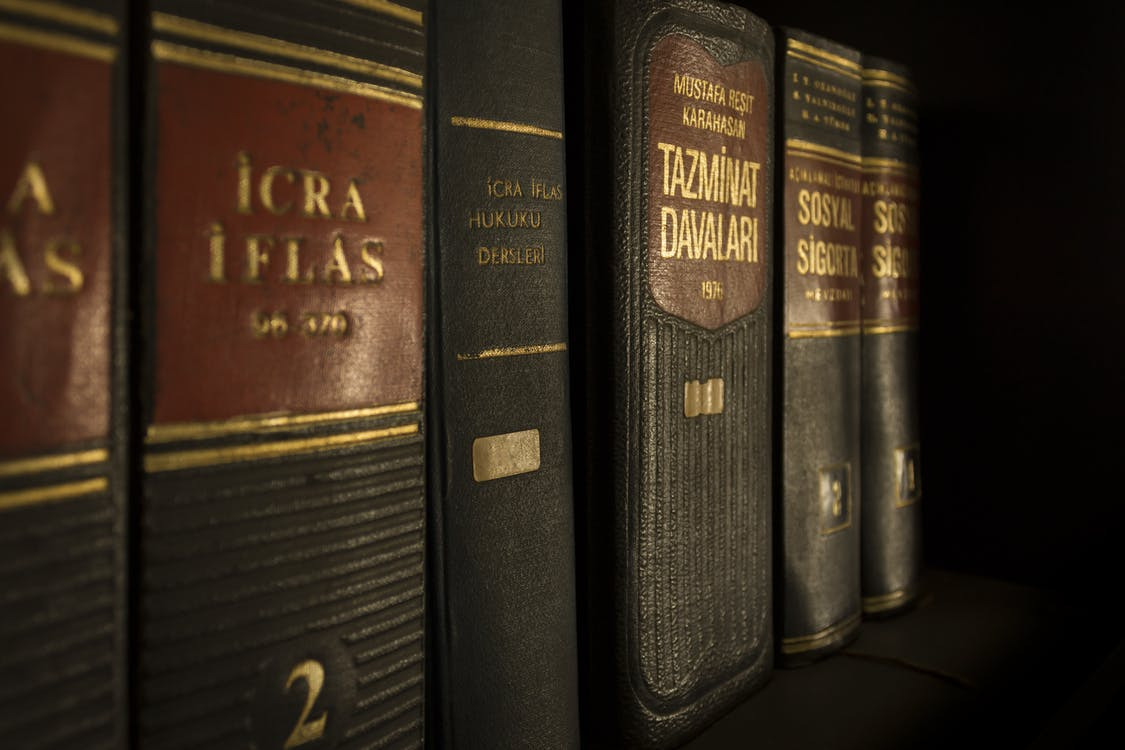
Indonesia is a state of law, where every aspect of the life of the state and its citizens is regulated by law, from the most private sphere to public and state affairs. Law, as a unified set of norms that are alive and enforced by legal subjects, has the legitimacy to regulate and impose sanctions for any act committed.
The relationship between law and legal subjects is crucial because a law can only operate after it is accepted and recognized by the legal subjects. This condition creates a balanced relationship between the two, where the law meets the needs of the legal subjects, and conversely, the legal subjects recognize and consistently implement the law. With this balance between law and its subjects, the life of the state and the relationship between citizens become more orderly, orderly in purpose, orderly in implementation, and orderly in enforcement.
The order between law and legal subjects is a crucial aspect of the order of life, including business/corporate law. Business/corporate law identifies which subjects have authority in the management, operation, and order of business conducted by corporations. The subjects within a corporation are referred to as corporate organs. These organs consist of the company's operational officers, decision-making forums, and supervisory officers. The existence of corporate organs exerts full control over a company's business operations and legal compliance, with the authority granted to each subject organ having its own duties as determined by law.
The existence of corporate organs that operate the company demonstrates compliance with legal provisions, where the existence of corporate organs is a legal requirement. On the other hand, the existence of corporate organs implies good corporate governance and professionalism, as those running the company are a group of professionals selected and decided upon in a supreme decision-making forum.
In legal developments, the government, through Presidential Regulation Number 13 of 2018 concerning the Implementation of the Principle of Recognizing Beneficial Owners of Corporations in the Context of Preventing and Eradicating Money Laundering and Terrorism Financing Crimes, has created a new norm regarding a single entity within a corporation having its own duties and authorities beyond those previously regulated in the Limited Liability Company Law. This Presidential Regulation regulates the beneficial owners of a corporation, whether in the form of a foundation, association, cooperative, limited partnership, partnership, or limited liability company (PT).
A Beneficial Owner/Beneficial Owner based on the provisions of Article 1 Paragraph (2) of Presidential Decree Number 13 of 2018 is defined as an individual who can appoint or dismiss Directors, Commissioners, Management, Advisors,
or Supervisors in a corporation, has the ability to control the corporation, is entitled to and/or receives benefits from the corporation, either directly or indirectly, is the actual owner of the corporation's funds or shares, and/or meets the criteria.
Furthermore, the existence of a beneficial owner within a corporation is mandatory under Presidential Regulation Number 13 of 2018. This mandatory requirement requires every corporation to comply with the principle of recognizing beneficial owners as stipulated in this Presidential Regulation no later than one year after the enactment of this Presidential Regulation.
Furthermore, the beneficial owner of a corporation, who possesses the authority stipulated in Article 1 Paragraph (2) in conjunction with Article 4 Letters (d) to (g), constitutes a new norm in business law in Indonesia. The authority held by the beneficial owner is a combination of the authority of a company's organs, as previously regulated in Law Number 40 of 2007 concerning Limited Liability Companies (UUPT).
Matters such as appointing and dismissing Directors/Commissioners/Managers/Supervisors, controlling the corporation, and receiving benefits from the corporation in the form of funds or shares, either directly or indirectly, are authorities that were previously the responsibility of the company's organs. The authority to appoint and/or dismiss Directors and/or Commissioners, as stipulated in Law 40 of 2007, falls under the authority of the General Meeting of Shareholders (GMS). The authority to control the company, both operationally and supervising it, is exercised by the Directors and Commissioners.
So, who is referred to as the Beneficial Owner in Presidential Regulation 13 of 2018? Based on the provisions of Article 4 of Presidential Regulation No. 13 of 2018, the criteria for a beneficial owner in a corporation include: First, owning more than 25% (twenty-five percent) of shares in a Limited Liability Company (PT) as stated in the Articles of Association. Second, having more than 25% (twenty-five percent) of voting rights in the Limited Liability Company (PT) as stated in the Articles of Association. Third, receiving profits or gains of more than 25% (twenty-five percent) of the profits or gains earned by the Limited Liability Company (PT) per year.
The reason for the enactment of the provisions regarding beneficial owners in Presidential Regulation No. 13 of 2018, upon further examination, is a response to the rampant practice of money laundering by legal entities in Indonesia, especially when such money laundering activities are intended to fund banned organizations, particularly international terrorist organizations. Therefore, the purpose of having a beneficial owner in a corporation is nothing more than a preventive and anticipatory measure against the potential influx of funds from money laundering crimes used by perpetrators of terrorism in Indonesia.
Although not yet binding and effective for all corporations in Indonesia, the concept of a beneficial owner in a corporation is one solution to money laundering crimes in financing terrorism in Indonesia. Therefore, the issuance of Presidential Regulation No. 13 of 2018 is an initial step to prevent greater crimes against the state and crimes against humanity.
These unlawful acts can result in losses not only to the state but also to other citizens.